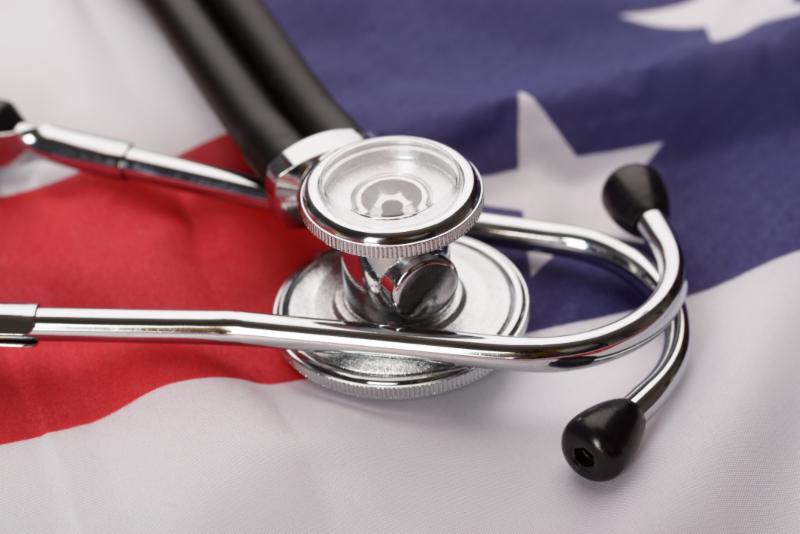|
The House passes bill to repeal the Affordable Care Act
 What's the issue? What's the issue?
On May 4, the House of Representatives passed the American Health Care Act (AHCA) with a vote of 217-213.
As noted in the
April issue of the Advocacy Brief, Speaker of the House Paul Ryan previously removed the bill from consideration because he did not have the votes to ensure its passage. Two amendments added to the bill secured the necessary votes.
The amendment proposed by Rep. Tom MacArthur (R-NJ) allows states to remove key provisions of the Affordable Care Act. Under the amendment, states could seek a waiver that would allow them to opt out of covering essential health benefits, like pediatric dental care. It would also allow insurance carriers to charge higher premiums for individuals based on their health status. In order for states to receive this waiver, they have to prove that it helps them achieve one of the following objectives: reduce average premiums, increase enrollment, stabilize the market, stabilize premiums for individuals with pre-existing conditions or increase the choice of health plans.
The second amendment proposed by Rep. Fred Upton (R-MI) provides an additional $8 billion over five years to the help cover the costs of individuals with pre-existing conditions.
The Congressional Budget Office (CBO) has not reviewed the revised bill. However, CBO previously estimated that the bill would reduce federal deficits by $337 billion and increase the number of uninsured Americans by 24 million.
Why is this important?
According to the
ADA Health Policy Institute, dental care use among publically insured children had steadily increased from 30.6 percent utilization in 2000 to 41 percent rate in 2014. Under the bill, states have the ability to opt out of insuring pediatric dental care. This could be detrimental to providing preventive dental care for children in those states.
Additionally, several health care organizations are concerned that these amendments do little to address the gaps in funding the bill will create.
Next steps:
|